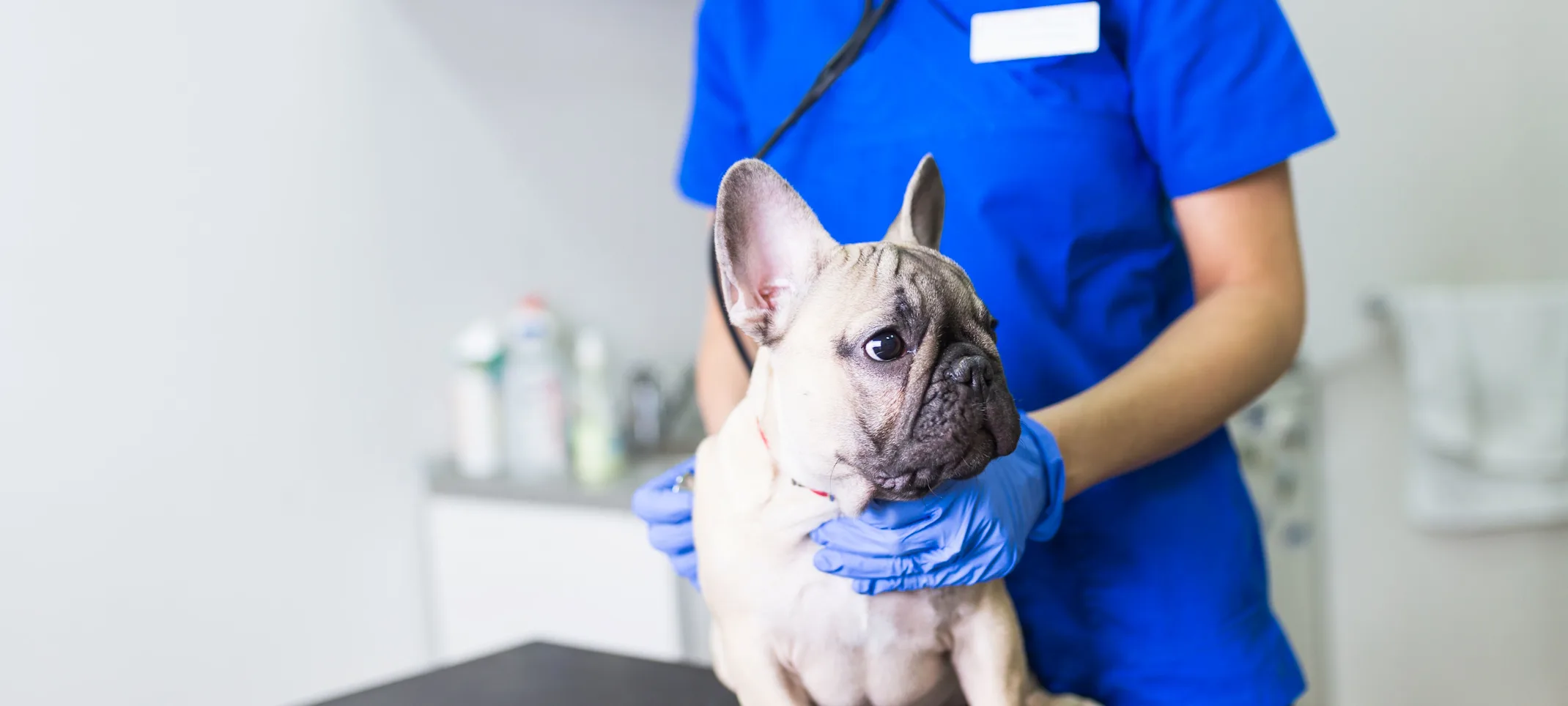Northfield Veterinary Center
Critical Care

Overview
Veterinary critical care addresses life-threatening emergencies and manages critically ill pets who need close, around-the-clock monitoring and intensive care and treatment. Specialized training is needed to care for pets in critical condition, and our dedicated team is available to offer immediate intensive care if your pet has a life-threatening injury or serious medical condition.
Northfield Veterinary Center’s critical care department is staffed by highly skilled veterinarians and veterinary technicians who are qualified to develop and administer intricate treatment strategies for challenging medical cases. Our team knows how to respond quickly and efficiently in emergency situations, while providing compassionate care for extremely ill pets.
When does a pet need critical care?
Any pet who has a serious injury or illness can benefit from critical care. Specific examples include:
Trauma (e.g. hit by a car, bite wound, bullet wound, burn injuries)
Difficulty breathing
Extensive blood loss
Shock
Urethral obstruction
Heart arrhythmias
Seizures
Post-operative complications
Acute kidney injury
Diabetic ketoacidosis
Gastric dilatation-volvulus
Parvovirus
Anaphylaxis
Upper airway obstruction
Toxin exposure
Smoke inhalation
Multi-organ failure
Special nutritional support needs
What care is provided by critical care services?
Our Northfield Veterinary Center critical care team provides the following services:
24/7 monitoring and ICU care
Advanced intravenous (IV) fluid therapy
Oxygen therapy
Mechanical ventilation
Post-surgical recovery
Tailored pain control
Shock stabilization
Blood and plasma transfusions
Toxicity exposure management
Emergency airway support
Trauma care
Cardiopulmonary resuscitation (CPR)
Having a pet in critical care is upsetting and stressful, and we understand your concern. Depending on your pet’s condition, you may be able to visit them once they are stabilized, and we will provide frequent updates about your pet’s condition and treatment plan.
